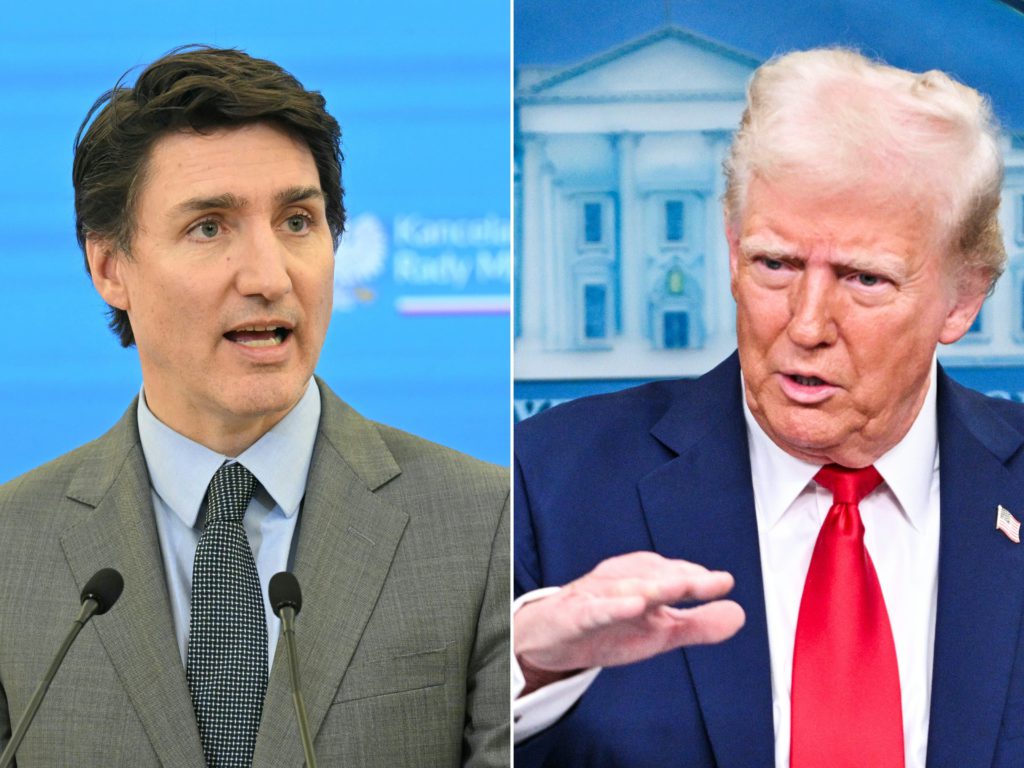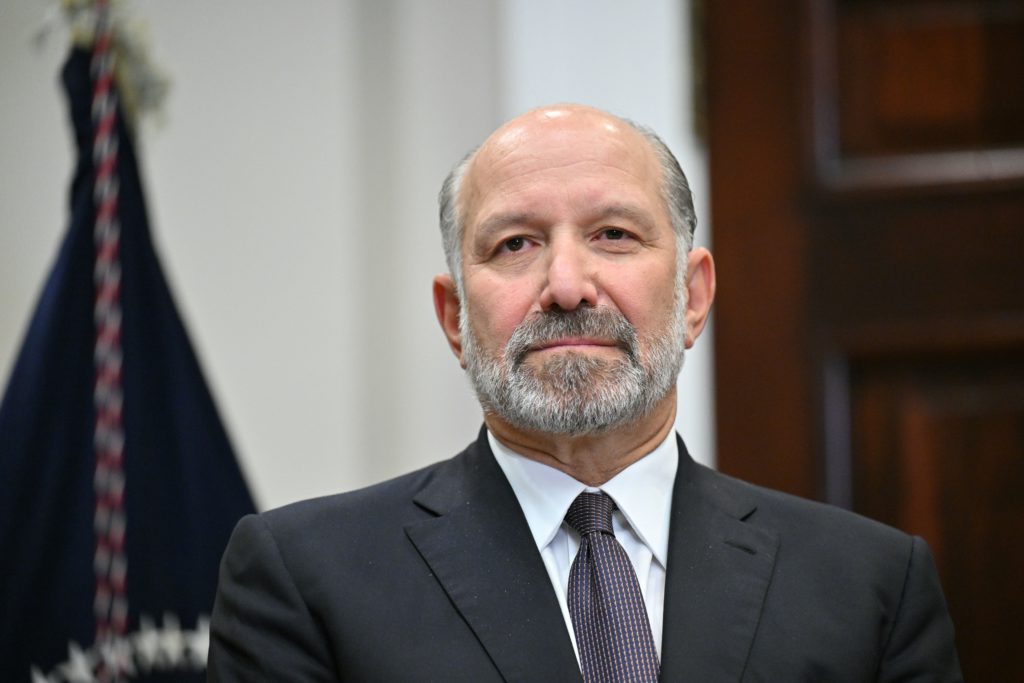Trump suspends tariffs for autos as Trudeau call yields no breakthrough
Automakers received a temporary reprieve Wednesday from US President Donald Trump’s tariffs targeting Canada and Mexico, as concerns mounted over consumer impacts and talks with Canadian Prime Minister Justin Trudeau yielded no immediate breakthrough.Following talks with the “Big Three” US automakers — Stellantis, Ford and General Motors — Trump decided to “give a one-month exemption …
Trump suspends tariffs for autos as Trudeau call yields no breakthrough Read More »







